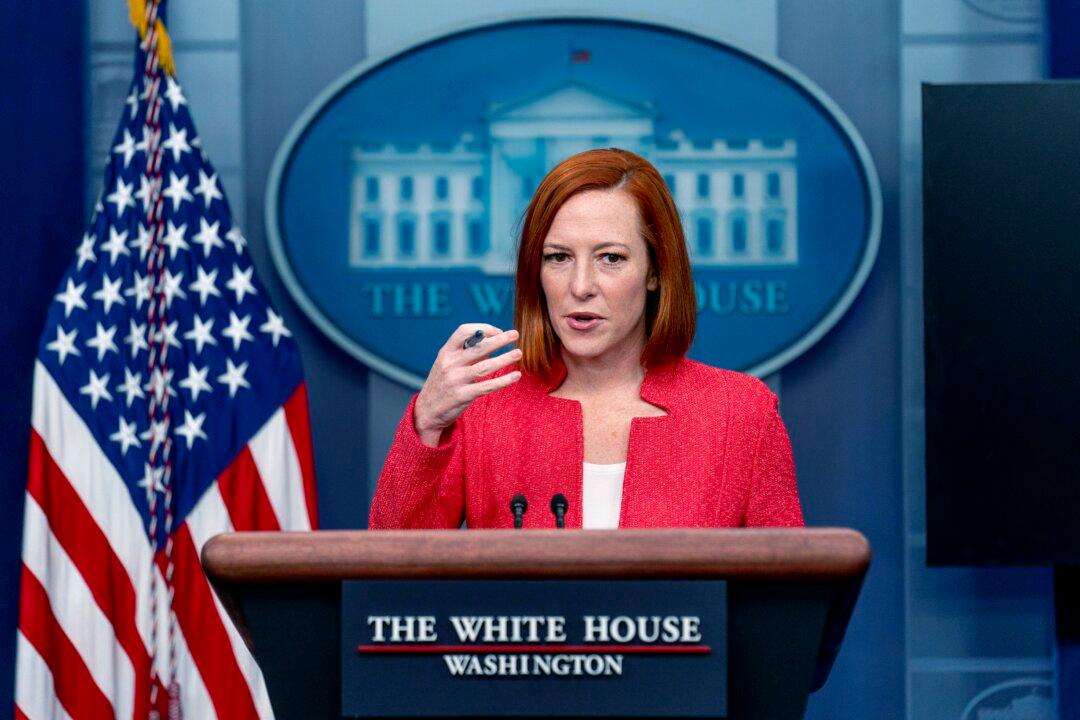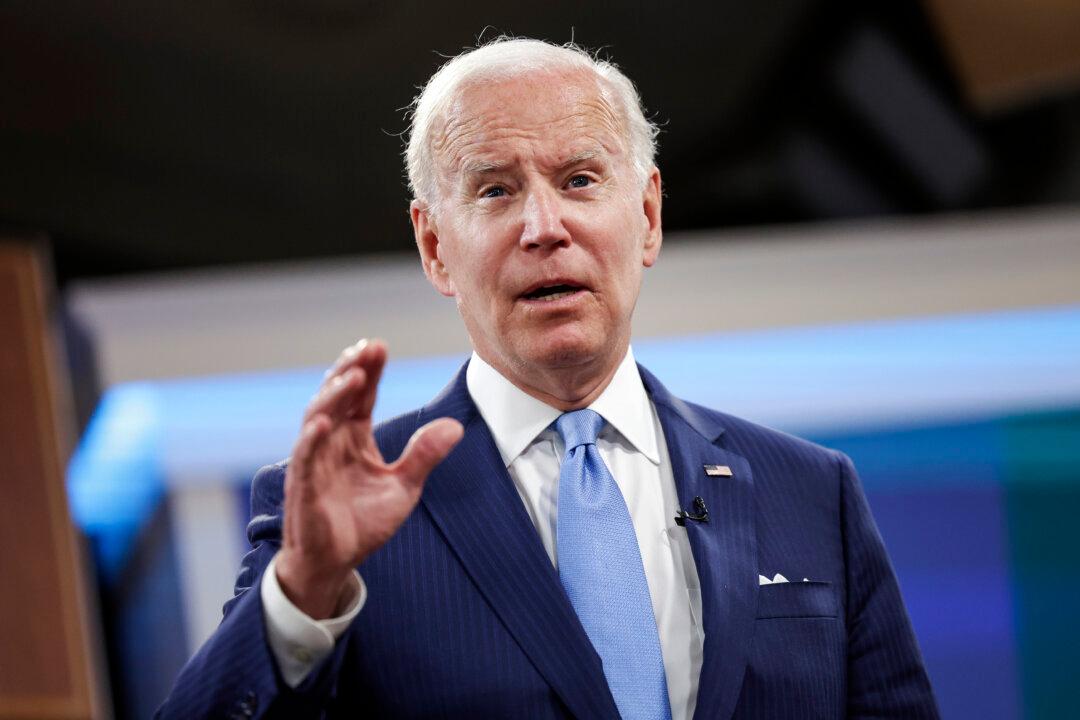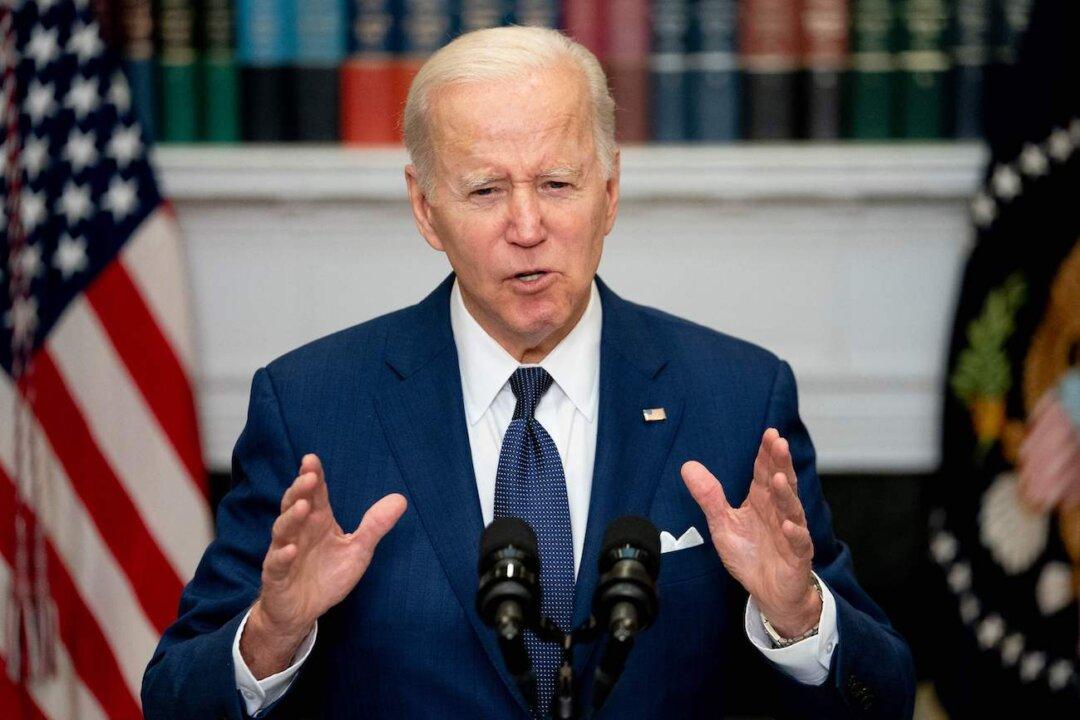White House press secretary Jen Psaki told reporters Tuesday that the Biden administration continues to view tensions between Russia and Ukraine as “an extremely dangerous situation.”
This after three rounds of high-level talks last week that included the U.S., Russia and several European countries and were meant to deescalate the situation and find a diplomatic path forward.




